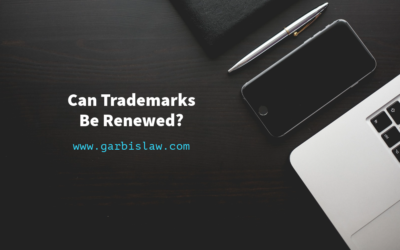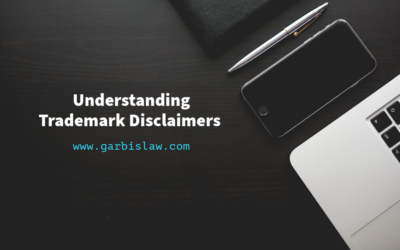During the hustle and bustle of the holiday season, you may not have heard of the significant ruling a U.S. Court of Appeals for the Federal Circuit came out with regarding trademarks.
Back in 2011, an Asian-American rock band, led by Simon Shiao Tam, began attempting to register its name, “The Slants,” with the United States Patent & Trademark Office (USPTO) as a trademark. The USPTO has repeatedly rejected the application as it is considered disparaging to the Asian population.
At issue was whether or not the First Amendment right of free speech applies to protect the use of disparaging trademarks.
Tam, who chose the name “The Slants” to “reclaim and take ownership of Asian stereotypes”, argued that the First Amendment trumps §2(a) of the Lanham Act, which does not allow the registration of a disparaging mark. The Trademark Trial and Appeal Board, however, felt it was unnecessary to address the First Amendment, as it did not tell Tam he couldn’t use the mark. In the Board’s view, “the refusal to register a mark does not bar the applicant from using the mark, and therefore does not implicate the First Amendment.” The Board wasn’t telling Tam not to use the mark, it was simply saying he could not get the benefits of a federal registration.
The Court of Appeals, however, pointed out that “every single time registration is refused or cancelled pursuant to the disparagement provision, it is based upon a determination by the government that the expressive content of the message is unsuitable because it would be viewed by the referenced group as disparaging them.” The fact that the decision rests in the hands of the federal government to “control” expressive content is the main issue being discussed here and what needs to be reviewed.
The Court concluded that “denial of federal trademark registration on the basis of the government’s disapproval of the message conveyed by certain trademarks violates the guarantees of the First Amendment.”
In reaching its conclusion, the Court reasoned that:
“Federal trademark registration brings valuable substantive and procedural rights unavailable in the absence of registration. These benefits are denied to anyone whose trademark expresses a message that the government finds disparages any group. The loss of these rights, standing alone, is enough to conclude that §2(a) of the Lanham Act has a chilling effect on speech.”
Another more popular case, which I have previously written about, is that of the cancellation of the Washington Redskins’ trademark. This ruling likely helps the Redskins’ argument as the USPTO has cancelled its mark due to the name being offensive to a group of Native Americans. In that case, the government has said that people may associate a trademark registration with government speech. If that were the case, the government would be able to have some control over what is registered. Lawyers for the Redskins have brought forth an interesting government in which they listed a number of “offensive” trademarks that have already been registered. That, plus this ruling, may be enough to overcome the cancellation.
It will be interesting to see where this all goes in 2016, with the potential of the Slants case to reach the Supreme Court.





